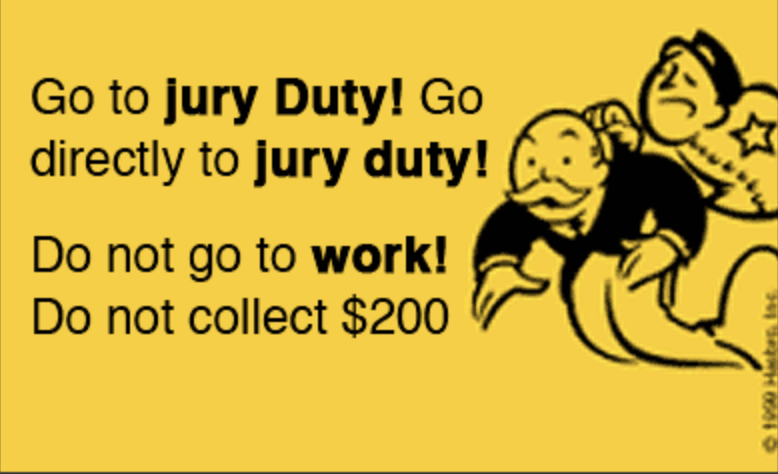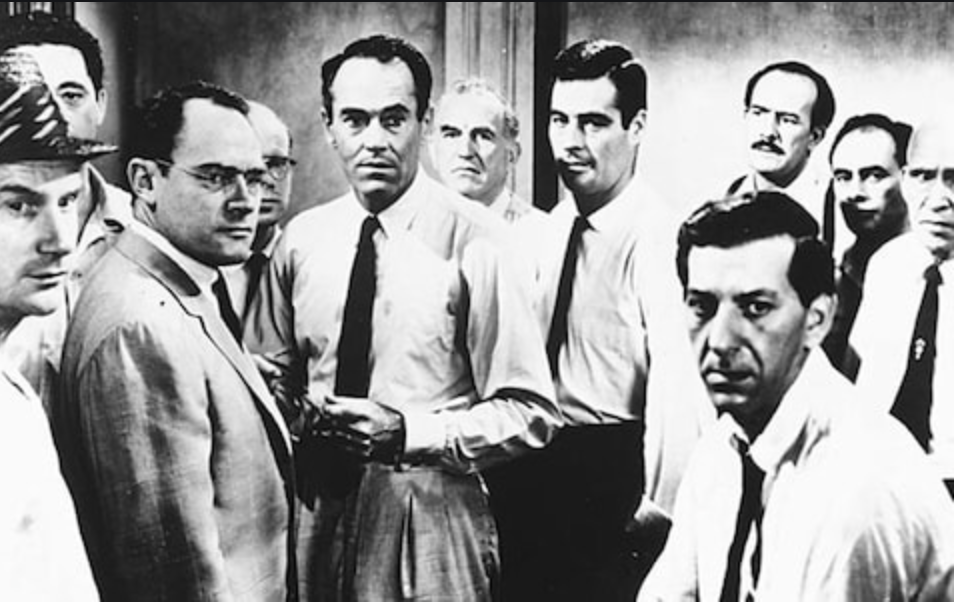I think it was 11-12 years ago that I had jury duty for the last time.
It was the tail end of my 20 years in Southern California, and I think it was the sixth time I had been summoned. I actually served on only three juries — reporters have a difficult time being picked. I served as foreman on a DUI trial when I was living in Orange County, and I was part of the jury on a civil trial in Los Angeles that was settled before the end.

It was the third time that was memorable for me. It was a murder trial with two defendants, a drive-by shooting in Compton. The defendants were gang guys, and it was exceedingly strange that the case was even coming to trial.
It’s nearly impossible to get witnesses to testify in gang cases, but the prosecution had one in this case.
Sort of.
There was a witness to the shooting, and he had testified in the preliminary hearing that saw the defendants bound over for trial.
Then he recanted.
He said he had been overly positive and that he really didn’t know who had done the shooting. You can draw your own conclusions about why that happened, but it happens fairly often in gang cases.
There was a good amount of physical evidence, but probably not enough to convict without a witness.
The prosecutor decided to try a long-shot strategy. She presented the witness’s testimony from the preliminary and then questioned him about it.
The trial lasted two or three days, with a break for Christmas. Then it went to the jury, which was when it got a little weird.
Oh, we were never going to convict these guys. It was never a case of “12 Angry Men,” with one principled holdout winning everyone over. I think half of us knew in our hearts they were guilty, but we couldn’t get from here to there with the evidence we had. We still deliberated for three days, which really upset the young guy who had begged to be our foreman.
He was what some people call a “bleeding heart liberal.” He worked at Caltech in Pasadena, although as staff and not faculty. I was one of three holdouts, and when we reached the end of the day on New Year’s Eve without a verdict, our foreman opined on what a shame it was and how unfair that these two boys would not be able to spend the holiday with their families.
Oh boy.
We came back after the holiday weekend and voted to acquit the defendants. It wasn’t a case of innocence, but one of being unable to prove guilt.
Once a trial is finished, attorneys like to talk to jurors and find out what had worked and what hadn’t. A couple of us talked to the prosecutor and learned she had known there was no way to win the case. She had wanted to try the case to show citizens in the neighborhoods these weren’t just throwaway cases.
I told her how upset our foreman had been that the defendants hadn’t been able to be home with their families, and she laughed.
“They were never going to be on the street,” she said. “When they were acquitted here they went back to where they were serving time for other crimes.”
How about that.

